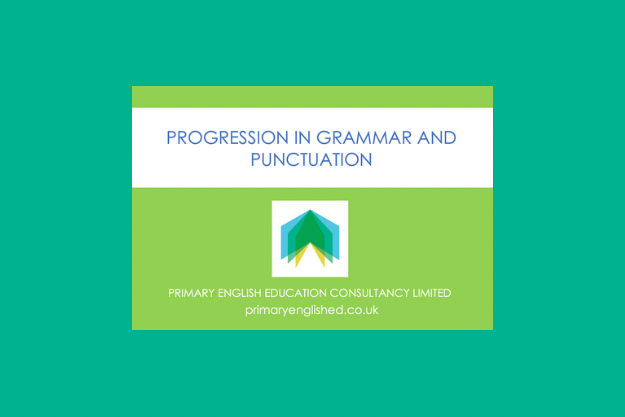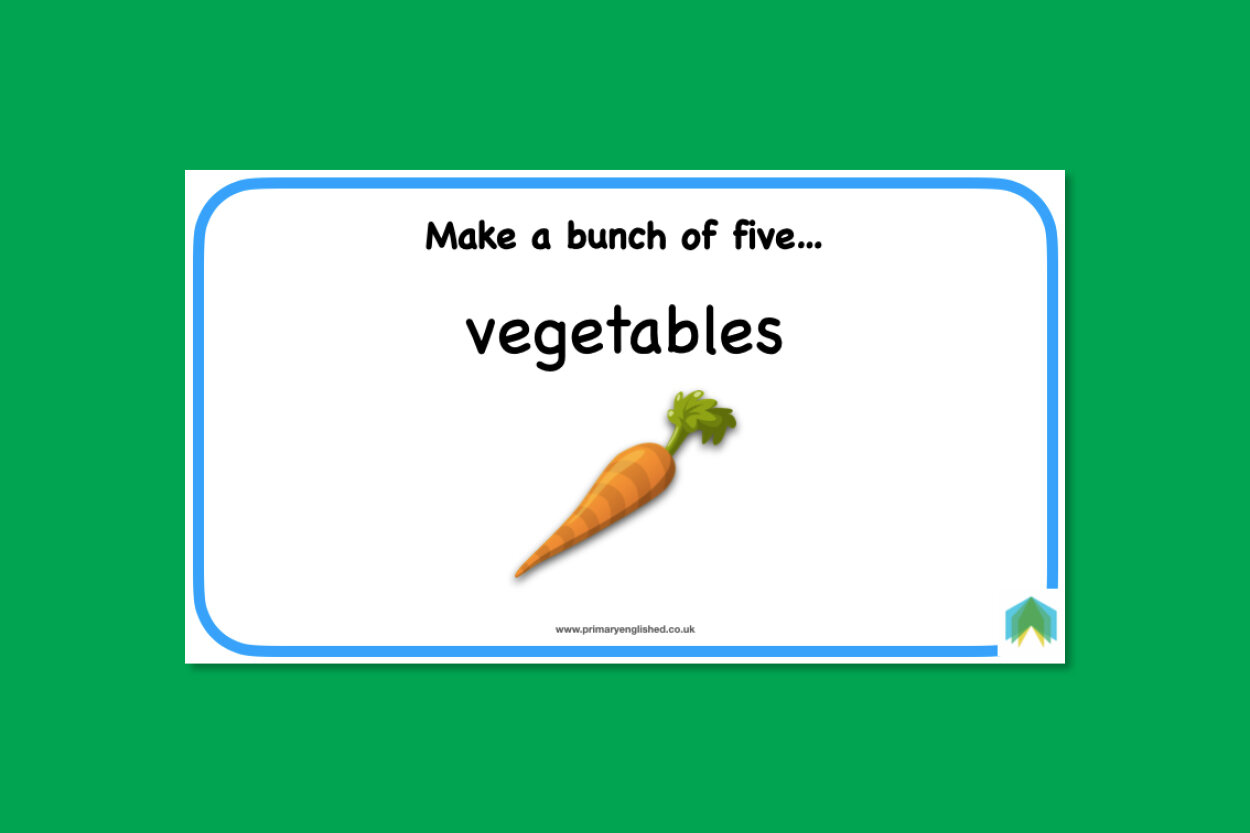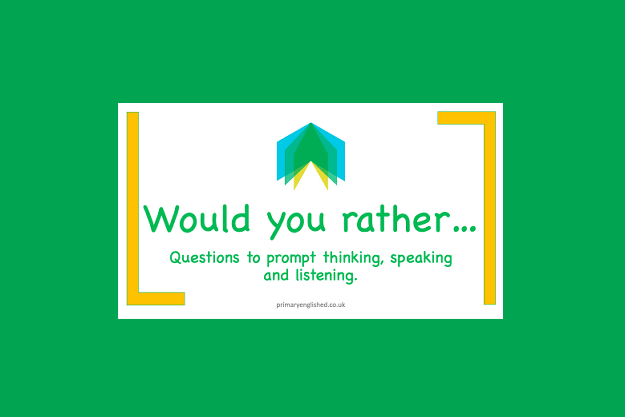The Writing Framework: One Stop Shop
In this short article, we signpost resources and articles from the Primary English website that help you implement the recommendations of the DfE’s writing framework published in July 2025.
Transcription: handwriting
The DfE’s writing framework includes advice on the transcription skills of handwriting and spelling. If you’re looking to implement the advice for handwriting, take a look at our Quick Tips for Handwriting: STRONG posture which includes a link to our STRONG handwriting poster. And if you like what you see there, take a look at our short handwriting grip videos on YouTube.
Transcription: spelling
For ideas to support spelling we have the following articles on the use of word mats and ideas for teaching tricky spellings:
And for classroom posters and visual support with spelling, we have an extensive range of word mats, flashcards and posters. We’ve included just two here.
Sentence level learning
A large proportion of the writing framework is concerned with sentence writing and grammar. Check out our Grammar and Writing section to find a range of supportive materials including our Progression in Grammar and Puntuation.
If you’re looking for articles to support sentence level learning, take a look at our Quick Tips series which includes the following articles:
Vocabulary
Our summary article, Vocabulary One Stop Shop, is a great starting point for exploring our content on vocabulary content.
For resources, we suggest taking a look at the following:
Modelled, shared and guided writing
In outlining approaches that support children to write, the writing framework references modelled, shared and guided writing. For our advice on these approaches, you may want to read the following articles:
There is, of course, so much more that we offer that supports the DfE’s writing framework. For example, our training which includes approaches for fixing sentence level errors, how to teach audience and purpose, and how to create teaching sequences that take children through planning, drafting, revising, editing and performing their compositions. To find out more about our regular training courses, use the link at the bottom of the page to join our newsletter mailing list.








